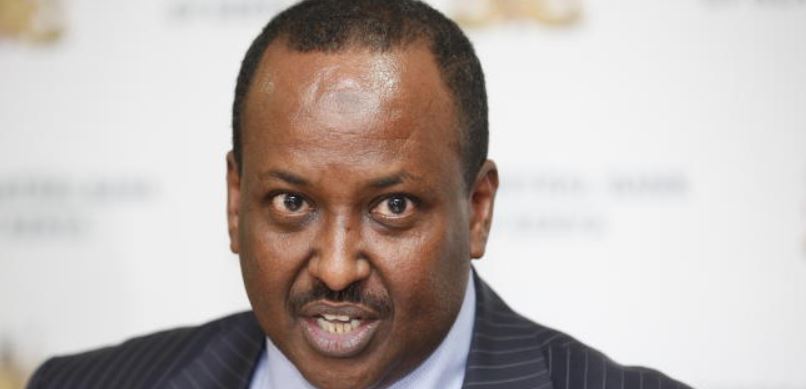×
The Standard e-Paper
Join Thousands Daily

Mohamud A. Mohamud Chief Executive Officer Kenya Deposit Insurance Corporation (KDIC) (PHOTO: WILBERFORCE OKWIRI)
What kind of year will 2021 be? Last year broke the crystal ball, and Kenyan captains of industry have become more guarded in their predictions about the New Year.